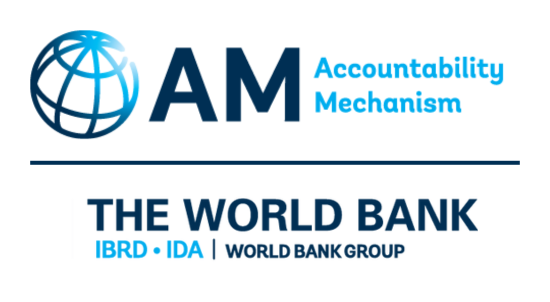Accounting for biodiversity: Ensuring safeguards work for people and planet

Public sector projects must apply the 10 World Bank Environmental and Social Standards (ESS), which include ESS6, Biodiversity Conservation and Sustainable Management. The Performance Standards (PS) of the International Finance Corporation (IFC) apply to private sector projects, and include PS6, Biodiversity Conservation and Sustainable Management of Living Natural Resources. PS6 explicitly references the CBD as a guiding framework and is highly aligned with international best practice in biodiversity impact mitigation. Research has found that of 155 development banks, 42 percent have biodiversity-specific safeguards, of which 86 percent were harmonized with PS6—solid acknowledgement on the part of the sector that biodiversity costs should not be externalized.
Gregory Berry, Senior Policy Associate for the non-profit Accountability Counsel, says that IFI safeguards are insufficient: “The GBF requires that projects be aimed to not only mitigate but to protect and restore biodiversity. To be more nature positive in development, we would require a re-envisioning of what those safeguards are.” As the European Union’s “climate bank” committed to the Paris Agreement and the European Green Deal, the EIB has made progress with its 2022 Environmental and Social Standards, in particular Standard 4 on Biodiversity and Ecosystems. Vasco Amaral Cunha, head of the EIB Complaints Mechanism, explains, “The Standard is aligned with the similar standards of other IFIs and, in some cases, it is even more stringent.” Standard 4 states: “The EIB supports projects that are compatible with maintaining the integrity of areas important for biodiversity as well as the core natural functions, processes, and resilience of ecosystems to halt and reverse biodiversity loss, increase biodiversity and ecosystem benefits and, where required, achieve a Net Positive Impact on biodiversity.”
Read the full article from Accountability Matters here.

